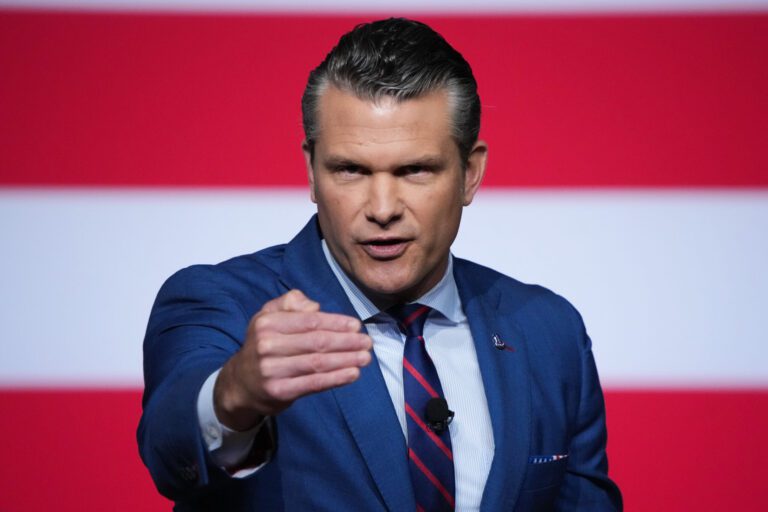Pentagon Press Restrictions: A Contentious New Era for Journalists
Secretary of War Pete Hegseth has ignited a firestorm of controversy by implementing a controversial set of restrictions for journalists operating within the Pentagon. These new measures, introduced recently, have triggered opposition from several major media outlets that view them as detrimental to press freedom.
New Restrictions on Media Access
On Monday, Hegseth announced a series of stringent guidelines aimed at credentialed journalists, emphasizing that "Pentagon access is a privilege, not a right." He outlined several key points in a post on X (formerly Twitter), which included:
- Mandatory Visible Badges: Journalists must wear identification badges at all times.
- No Solicitation of Criminal Acts: A baffling aspect that raised questions; he stated that press members can no longer solicit criminal acts, leading to some confusion among users. One concerned user, Paddy Sham, remarked, “Wait what do you mean ‘no longer permitted to solicit CRIMINAL ACTS’? They were allowed to solicit criminal acts before.”
Why This Matters
Hegseth’s bizarre pronouncement appears to be part of a larger campaign against what he perceives as misrepresentation by the media. But how will these new restrictions impact the journalistic community and the public’s right to know?
Media Outcry and Resistance
The new edict has met with strong resistance from major news organizations. Notable outlets including The Associated Press, Reuters, The New York Times, The Washington Post, and CNN have collectively announced that they will not comply with Hegseth’s restrictive guidelines. This includes a demand for journalists to sign a pledge restricting reporting to only materials that are pre-approved by the Pentagon.
Key Points of Contention:
- Mandatory Pledge: Hegseth’s demand for journalists to sign a pledge has been seen as a potential gag order on the press.
- Threat of Credential Revocation: Reporters who fail to comply risk losing their press credentials, which could severely limit their ability to do their jobs effectively.
In response, the Pentagon Press Association (PPA) issued a public plea for Hegseth to reconsider these “unnecessary new affirmations.” The PPA expressed that many members might forfeit their badges over this policy, viewing it as an infringement on free press.
Citing Concerns Over Press Freedom
The overwhelming majority of media organizations represented by the PPA have echoed concerns about transparency and freedom of the press. As stated in a PPA statement, “This Wednesday, most Pentagon Press Association members seem likely to hand over their badges rather than acknowledge a policy that gags Pentagon employees and threatens retaliation against reporters who seek out information that has not been pre-approved for release.”
What’s Next?
As the deadline for signing the pledge looms, many organizations continue to voice their dissent. Hegseth’s social media activity, which includes replying to each media organization’s statements with a waving goodbye emoji, has further underlined the contentious relationship between the Pentagon and the press moving forward.
Conclusion
The unfolding situation around Secretary Hegseth’s restrictions on the media suggests an alarming evolution in the relationship between the military and journalists. As free press advocates rally against this stranglehold on information, the coming days could set a vital precedent for transparency and accountability in government. The conversation over access to information and the role of the press will undoubtedly continue to intensify as this saga unfolds.
For further details, you can follow updates on press freedom issues from platforms like The Reporters Committee for Freedom of the Press and The New York Times.


